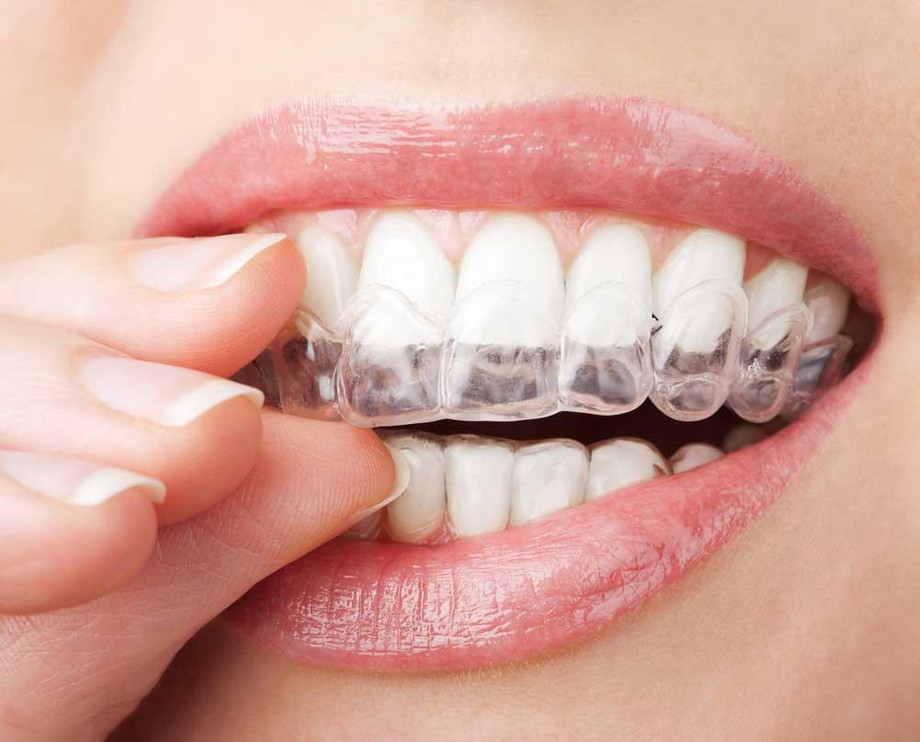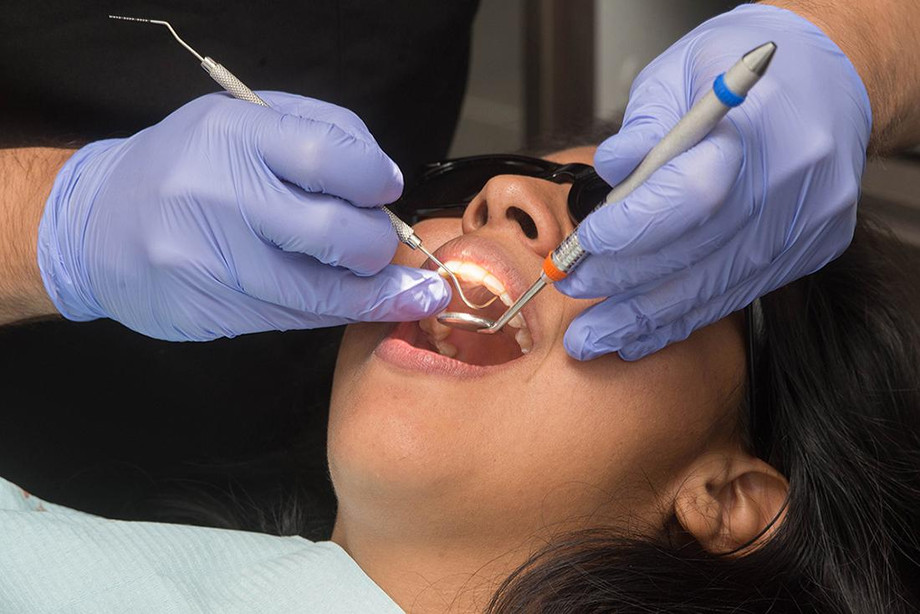Periodontist Disease; What are the Treatment Options?
Periodontitis is considered the severe stage of gum disease, it is a form of serious gum infection that destroys the delicate tissues, if left untreated, it can damage the jawbone that holds your teeth. It may cause loose teeth leading to tooth loss. When you have oral hygiene issues, there are more chances to suffer from the disease. So, it is important to visit the Best Rated Dentist Near Me for regular checkups and maintain oral hygiene properly to reduce the symptoms of periodontitis.
This disease is the result of a long-lasting periodontal condition that is left untreated. It becomes severe and may cause teeth loosening. Generally, it is the condition of gum tissue inflammation and affects directly the periodontal ligament and alveolar bone enclosing the teeth. If this condition remains untreated, it can lead to severe complications such as stroke, myocardial infarction, atherosclerosis, etc.
What are the main causes of periodontitis?
Mostly the periodontitis is caused due to the formation of plaque and if the plaque is not removed regularly, it can convert to periodontitis eventually.
Generally, Plaque develops on your teeth when glucose and starch from your food feed bacteria in your mouth. When you brush and floss regularly twice a day, this oral hygiene practice can help remove the plaque but it reverses quickly. Because of its continuous reformation, it becomes hard to eliminate the plaque permanently. That’s why despite practicing oral hygiene regularly it reforms and becomes hard overtime to convert into calculus. Calculus is impossible to remove by brushing only.
Since plaque can deposit under your gum line and becomes hard leading to the development of tartar, it can damage the gum tissue resulting in mild gingivitis. Gingivitis develops gum irritation and swollen gums. If you don’t get Gum Disease Treatment by a professional, it reaches its advanced stage leading to periodontitis.
How to treat Periodontitis?
Periodontal Disease Treatment is generally performed by a periodontist of Midtown Dental. He/She mainly focuses on the thorough cleaning of the teeth pockets to prevent damage to the enclosing bone. The chances of a successful treatment increase when you practice good oral hygiene methods.
The disease can be treated in both ways surgical and nonsurgical.
Nonsurgical treatments
If periodontitis is mild, it can be treated with less invasive procedures that include:
Scaling:
It helps remove tartar from the tooth surfaces and under the gums. This process is performed using dental tools, a laser, or an ultrasonic device.
Root planing:
It softens the root surfaces, preventing further build of tartar and bacteria with the elimination of bacterial byp[roducts that are responsible for inflammation and obstructs the healing or reattachment of the gum to the tooth surfaces.
Antibiotics:
Certain oral antibiotics can help prevent bacterial infection. Generally, oral antibiotics include antiseptic oral solution or gel in the space amid your teeth and gums or into pockets after deep cleaning. The dentist may recommend oral antibiotics to eliminate infection-causing bacteria permanently.
If you are suffering from advanced periodontitis it may need dental surgery such as:
Flap surgery:
During the surgery, your dentist will make small incisions in your gums so that gum tissue can be lifted back leading to the exposure of the roots. That will require effective scaling and root planing. After that, they may recontour the underlying bone before the gum tissue is sutured back in place.
Other than that bone grafting can be recommended by your dentist if the periodontitis has damaged the bone surrounding your tooth.
So, if you are experiencing gum issues for a few days, it can be a gum disease, you should see your dentist before it spreads further in your mouth.


Comments
Post a Comment